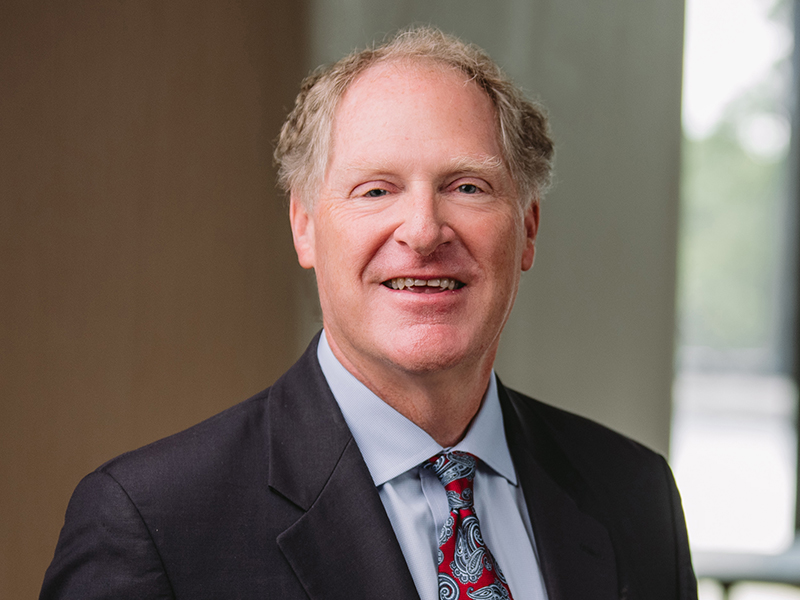ELECT Blog Archives
History of the South Carolina Presidential Preference Primaries
By Rob Tyson
As the South Carolina primary approaches, we’re taking a step back from our typical election blog fare (i.e., the legal mumbo jumbo) and looking at the practicalities of the South Carolina presidential primaries. Today, we’ll start with the basics.
South Carolina Presidential Preference Primaries South Carolina law permits the Republican and Democratic parties to hold presidential preference primaries. The South Carolina Election Commission “conduct[s] the presidential preference primary” and “a registered voter may cast a ballot in only one presidential preference primary.” Each party sets the date and filing requirements associated with the primary, including a certification fee. Each party is required to certify that each candidate meets “the qualifications in the United States Constitution, statutory law, and party rules.” Each political party must pay a filing fee, not to exceed twenty thousand dollars (paid by the candidate), to the State Election Commission to be used for conducting the presidential preference primary.
History of the GOP Presidential Preference Primary The South Carolina primary commenced in 1980, the result of the SC Republican Party’s efforts to increase its importance in the nomination process. At that time, South Carolina was swinging from a “Democratic state” to a “Republican state” and the party leaders sought to enhance its grassroots effort by hosting the so-called “First in the South” primary.
Typically, the South Carolina primary comes after the Iowa caucuses and the New Hampshire primary. Both of these states represent a small glimpse of the Republican Party, whereas the State of South Carolina generally provides a more cumulative and balanced electorate. The primary usually has been held on Saturday to make it easier for people to vote.
The South Carolina Republican primary historically has been an accurate predictor of the Republican nominee for president. Since its inception, the winner of the SC Republican primary has gone on to become the Republican nominee for president every time except in 2012 (sorry, Newt). Therefore, Republican candidates for years have made South Carolina “their home” in the months leading up to the primary election. Candidates hold numerous rallies, both large and intimate, which provide voters many opportunities to interact with the candidates. Also, given its significance in choosing the Republican nominee, it isn’t unusual for campaigns to turn personal and for supporters to crank up their efforts to attack opposing candidates. For example, in 2000, a made-up telephone survey falsely intimated a white candidate had fathered an African-American child out of wedlock. And in the 2008 election cycle, campaign materials suggested a candidate who was Mormon endorsed polygamy.
What’s at stake? The contest is for 50 delegates. These delegates are selected by the most votes garnered in the Congressional districts, at-large delegates, and the Republican Party leadership.
History of the Democratic Presidential Preference Primary The South Carolina Democratic Party has had a long history of elections and caucuses. South Carolina generally was a “Democratic state” until the early 1980’s. At that time, the number of voters in the Democratic primary became less than those of the Republican primary.
In recent presidential elections, the South Carolina Democratic primary has become pivotal. The South Carolina Democratic primary generally has been held early in the primary circuit. Iowa and New Hampshire, states that have primaries before South Carolina, do not have diversity among their voters that is representative of the national Democratic Party. However, South Carolina does. Having an electorate more like the national Democratic Party, the South Carolina primary has taken on major significance in electing the Democratic nominee for President.
What’s at stake in the Democratic primary? Candidates will be chasing 53 delegates based on votes and 6 unpledged (“Super-Delegates”).
